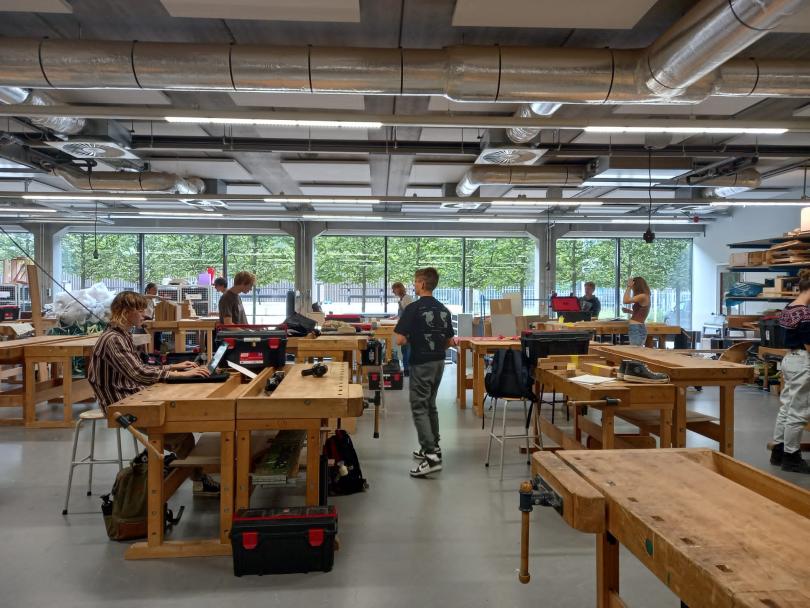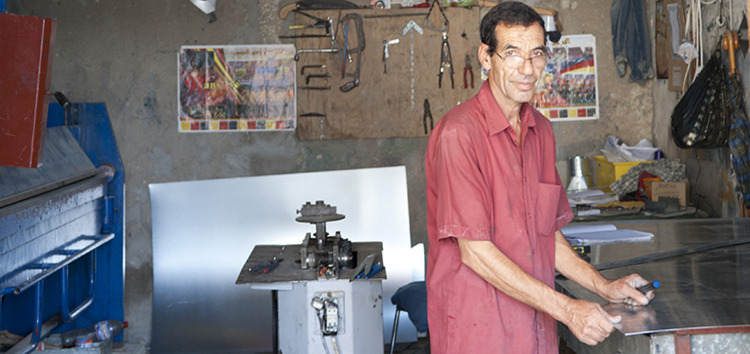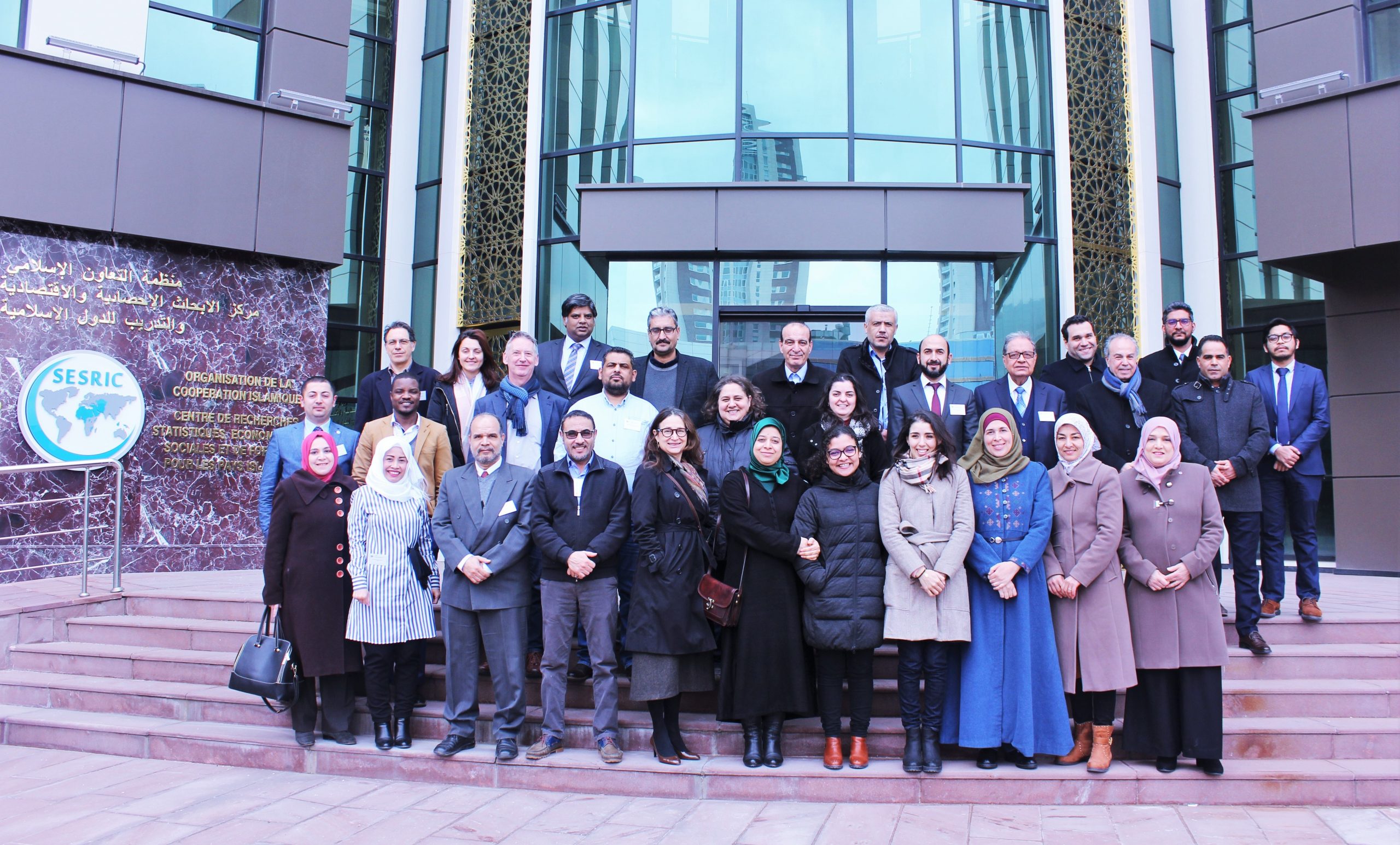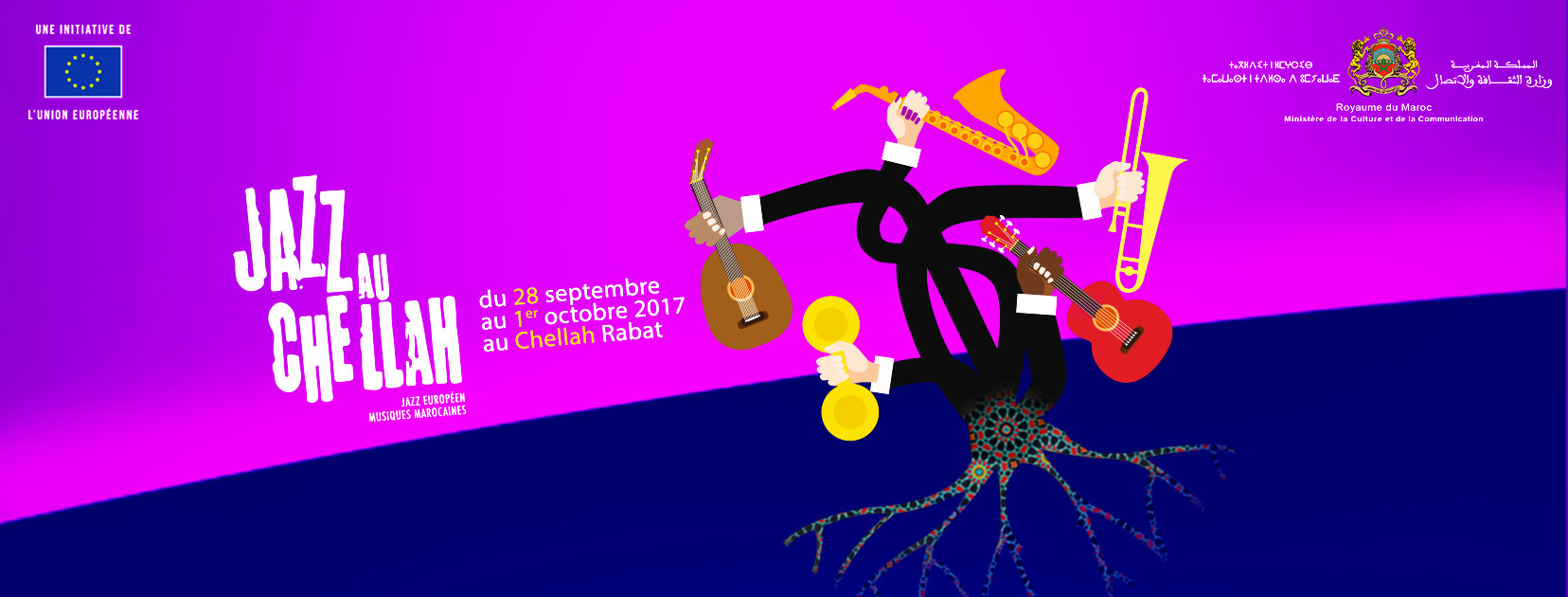Getting ahead through entrepreneurship in vocational education and training

The multiple benefits of international best practice sharing and advice are well illustrated by the entrepreneurial centres of vocational excellence (CoVEs), in Morocco. Working with the European Training Foundation (ETF), it has taken a step ahead in aligning with European standards, and infusing entrepreneurial mindsets and skills into curricula and activities. The benefits go in all directions, and will be explored during ETF events at the upcoming third Forum on Vocational Excellence being held in Lyon, France.
Entrepreneurial graduates are highly employable and mobile, help to meet the ever-changing demands of business and industry, and can contribute to socio-economic development. Colleges are strongly supported and coached as part of the ETF’s CoVE network which, in turn, enables the ETF to contribute to the international debate in the entrepreneurial learning community.
Connecting to the ETF changed the entrepreneurship experience for ESITH (École supérieure des Industries du Textile et de l’Habillement), a vocational and higher education college in Morocco, says Professor Najib Hamouti, head of the international relations department.
The ETF’s approach to entrepreneurship is broad and integrated. It has forged a dedicated partnership of seven CoVEs in Azerbaijan, Georgia, Moldova, Morocco, North Macedonia and Tunisia.
“This has opened our eyes to the many facets of entrepreneurship,” says Hamouti. “Entrepreneurship skills are transversal. Every actor in the college should be sensitised. Talking to other centres through webinars and workshops, we were able to see what’s happening in other countries, and in other centres from countries in transition. We found similarities and we learned from each other. It’s been a vertical and a horizontal experience.”
ESITH – École supérieure des Industries du Textile et de l’Habillement – was founded in 1996 in Casablanca. It was the first public-private partnership in vocational and higher education in Morocco, launched to cater for the needs of the textile sector. Since then it has grown from around 100 students to 1,250. In 2003 new programmes were launched, including professional bachelor and masters degrees in other occupations such as logistics, industrial management, and distribution. There are 13 programmes in all.
ESITH works with Erasmus+, including its VET capacity building programme, with partners in Morocco and Europe. Government funding comprises around one-third of ESITH’s budget, with about 40% coming from student fees and 25% from entrepreneurial activities. The imperative to generate income from the start helped the college to become entrepreneurial. “We started teaching entrepreneurship about 15 years ago. Three years ago we set up an entrepreneurship centre to support students and ultimately graduates to understand business and to start businesses.”
[Since becoming involved with the ETF] “there has been progress”, Hamouti says. “For example, the self-evaluation tool helped the college to discover what it is doing well and what hasn’t succeeded. We analysed the outcomes of the self-evluation and discovered loopholes.”
ESITH is forging a partnership with the Belgium Development Agency, Enabel, which is supporting Sub-Saharan students in Morocco. “This is a major change. It is the first time that we have an external stakeholder trusting us with an important entrepreneurship project. We are starting to see the fruits of the coaching,” concludes Hamouti.





























 Syria
Syria 




